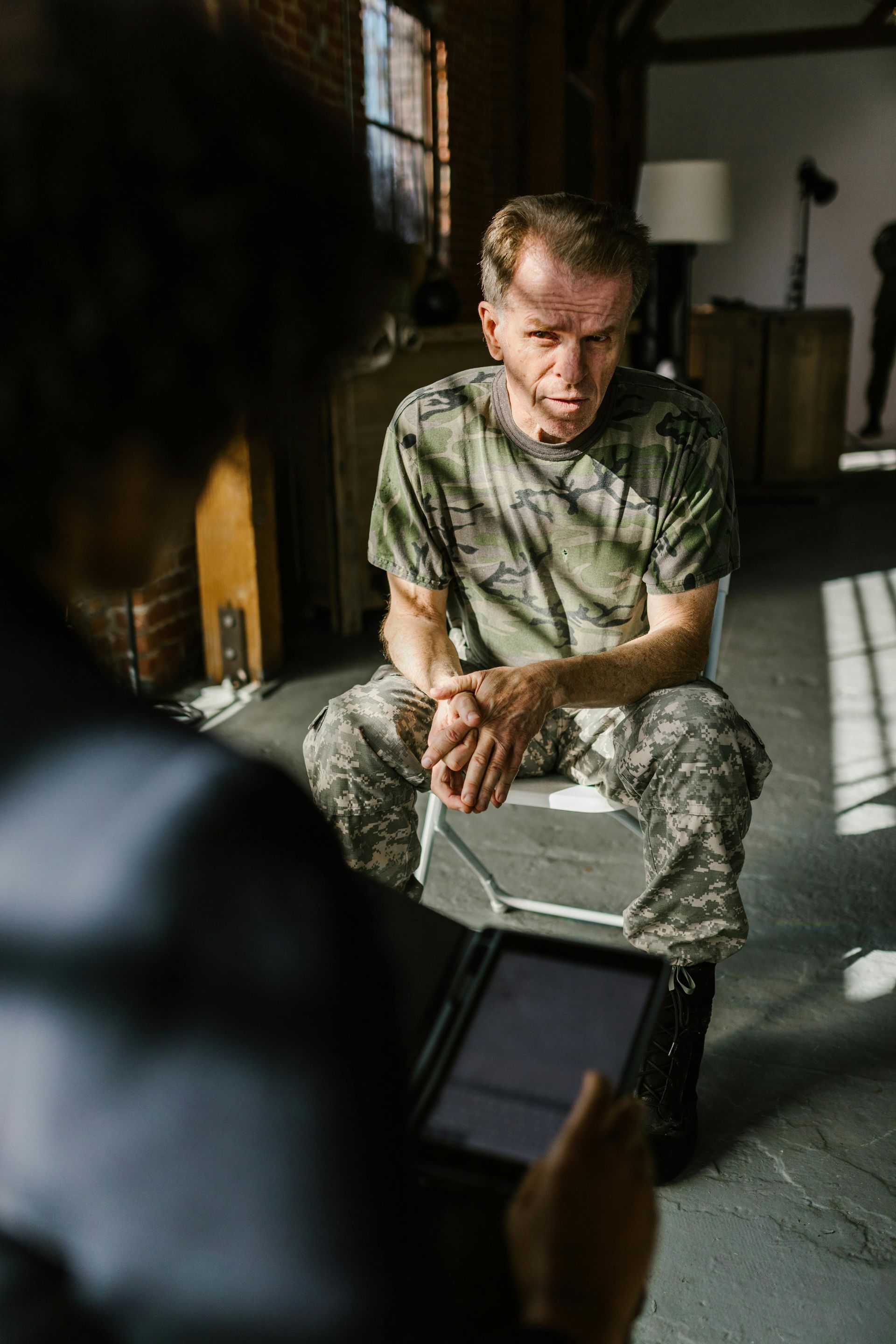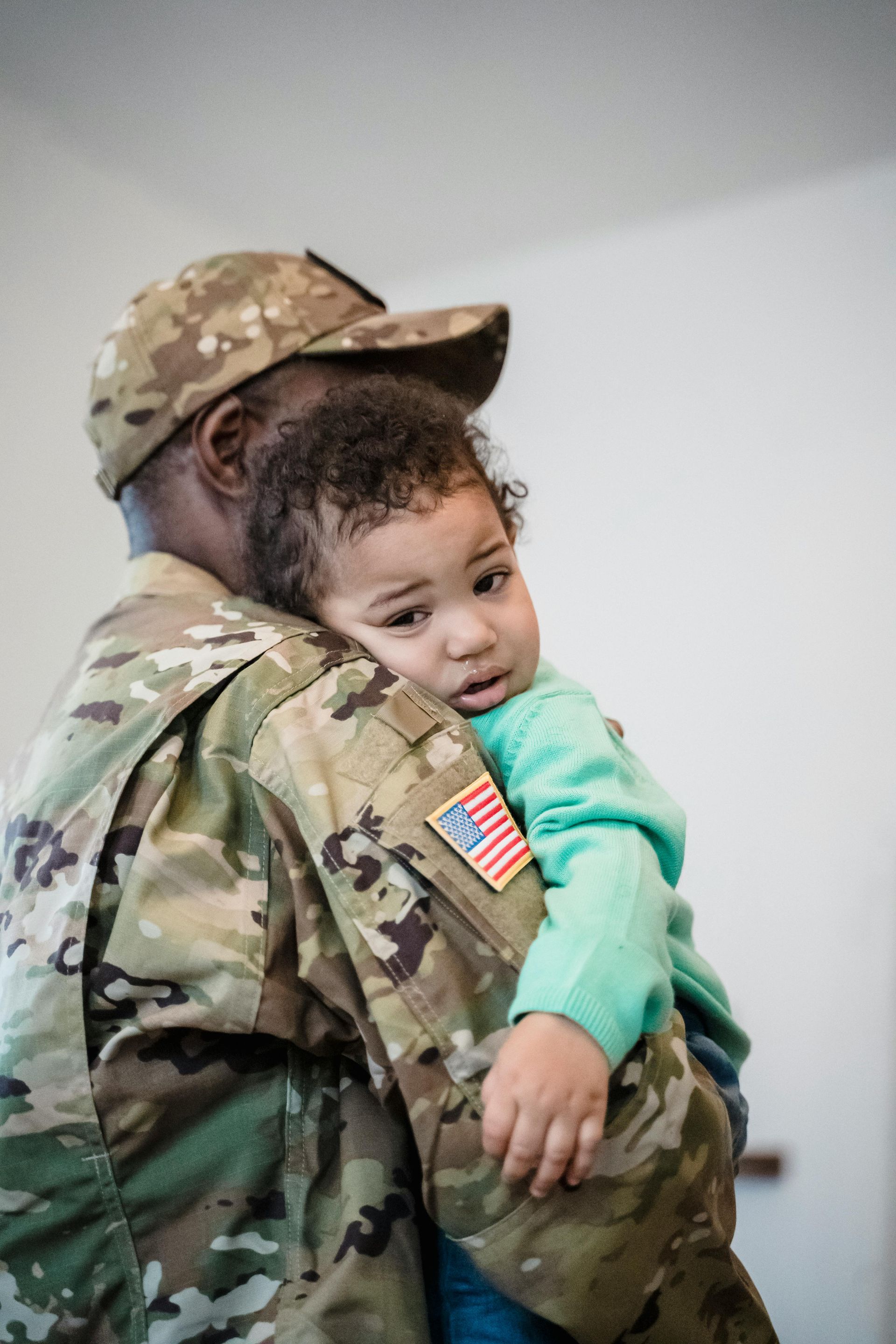How PTSD Resources Help Veterans Transition To Civilian Life-💜
CNS Healthcare • November 14, 2025
After leaving military service, it's not uncommon for veterans to return home with
symptoms of PTSD because of the traumatic experiences they survived. This can create problems when attempting to reintegrate back into a normal lifestyle, and many veterans find that they need professional help to manage their
PTSD once home.
Fortunately, there are plenty of PTSD resources out there, from both national and local organizations that can offer support to veterans like you. In this post, we'll explore a variety of treatment options that can assist your recovery, and learn how these tools can help make civilian life easier during this transition.
Key Takeaways
- PTSD affects many veterans, especially those who have a history of combat. The American Psychiatric Association began recognizing PTSD in 1980 after the Vietnam War.
- National organizations like the Department of Veterans Affairs and National Center for PTSD can help. They provide different types of counseling, Cognitive Behavioral Therapy, and peer support programs both in Michigan and across the U.S.
- PTSD treatment may include talk therapy, group sessions at Vet Centers, medication like SSRIs, or even new tools like virtual reality.
- Peer groups from NAMI offer free support over the phone or through online communities. CNS Healthcare provides local Michigan veteran support groups too. Family members are also welcome to join some activities.
- Getting early treatment can prevent worse issues like depression or substance abuse from occurring. The Veterans Crisis Line (988 press 1) can provide urgent help when needed.
Understanding PTSD and Its Impact on Veterans
Posttraumatic Stress Disorder, commonly known as PTSD, affects a large number of veterans in the United States, particularly those with past combat experience. PTSD was initially and formally recognized in 1980 by the American Psychiatric Association using the DSM-III (the third edition of the Diagnostic and Statistical Manual of Mental Disorders), after many Vietnam War veterans began displaying signs of severe stress responses.
Before it was labeled PTSD, this condition was recognized by the U.S. Department of Veterans as "shell shock" during World War I and "battle fatigue" during World War II. Symptoms of PTSD may appear as late as three months after experiencing trauma, or even years later.
Veterans might have trouble sleeping, feel sudden strong memories or rapid heartbeat, or avoid certain places or people after prolonged exposure to combat and trauma.
Trauma can stem from many sources, including losing a friend while in service. PTSD is often linked with depression or anxiety disorders and may result in substance use issues if not addressed early on. Having the right support system to back you up can help greatly with recovery.
PTSD symptoms are not a sign of weakness; they are human reactions to abnormal situations.
If you are a war veteran or first responder overwhelmed by traumatic memories or experiencing new mental health problems long after serving, contact healthcare professionals right away. Share your past health information to secure the right mental health care support services for your mental health.
Key PTSD Resources for Veterans
There are many resources available to help veterans with PTSD. Counseling and therapy services are essential for effective treatment, and local peer support programs in Michigan can connect you with other veterans who have gone through similar experiences.
Counseling and Therapy Services
Counseling and therapy services play a key role in the goal to support service members who are struggling with PTSD. Veterans may find relief from talk therapies like Cognitive Processing Therapy, Exposure Therapy, or Eye Movement Desensitization and Reprocessing.
To treat PTSD effectively using evidence-based approaches, many veterans need both psychotherapy and medication during recovery.
Psychiatrists may initially prescribe antidepressants called SSRIs. Some clinics use tools like virtual reality for exposure therapy sessions. Vets can also participate in group therapy to build up their community and emotional support.
If you notice symptoms such as difficulty sleeping, memory problems, suicidal thoughts, substance abuse issues or even signs of mental illness after experiencing trauma, early intervention can save lives. If you're struggling with a substance use disorder, additional counseling may be needed.
For those feeling overwhelmed or who are in crisis, contact the Veterans Crisis Line at 988 and press 1, or reach out to a crisis counselor immediately for support.
Peer Support Programs
Local peer support programs play an important role in recovery. Here, you can connect with other individuals who are struggling with similar stressor-related disorders like PTSD and share your past experiences.
Many veterans can benefit from sharing personal stories about their complex post-traumatic stress disorder within these support groups. In some cases, family members may join some group activities or discussions. This is useful so they can learn how to best provide daily encouragement and support their loved ones throughout recovery.
NAMI, the National Alliance on Mental Illness, runs free programs nationwide, plus support groups, as well as a HelpLine at 800-950-6264 for quick support.
For local support in Detroit, you can contact CNS Healthcare to learn more about joining a Veterans Support Group.
How PTSD Resources Facilitate a Smooth Transition to Civilian Life
PTSD resources are essential for veterans to transition smoothly back to civilian life. They need support and guidance customized to their unique needs, and early on. Quick intervention and treatment works. This strategy can improve their mental health outcome as well as help to manage symptoms.
Participating in local counseling and therapy sessions provides vets with a safe space to share their trauma and learn coping skills. Healthcare providers can assist them in designing thorough treatment plans based on their needs and preferences.
Peer support programs are another valuable way for veterans to connect with other former service members who can relate to what they are going through mentally. These groups can reduce feelings of isolation and loneliness too.
Get The Help You Need
When re-entering back into civilian life, PTSD resources are absolutely critical for veterans to have a smooth transition. Effective trauma treatments like connecting with mental health experts and building community through peer support programs are just a few ways they can support this fresh chapter.
If you are a veteran, connect with us at CNS Healthcare today to find out more about our Veteran Support Groups in Detroit, Michigan. The impact of these communities can be significant in your recovery, and enhance mental healing and growth. We are here to support you every step of the way!
FAQs
1. What mental health resources help veterans with PTSD as they transition to civilian life?
Mental health resources, including evidence-based treatment and support from hospitals or clinics, can provide veterans with helpful tools for managing their symptoms. These services address conditions like complex PTSD, combat stress, and stress reactions.
2. How can suicide prevention programs assist veterans after service?
Suicide prevention programs can connect veterans to crisis lines and short-term care options. No one needs to feel alone, and these resources promote hope and safety.
3. Where can I find reliable information about PTSD for veterans and families?
The National Institute of Mental Health or the National Library of Medicine are trusted resources that provide updated PTSD information.
4. What actions should a veteran take if immediate help is needed for someone's mental health?
Call a crisis help line immediately (988 Suicide & Crisis Lifeline). You can also visit a medical center or emergency room, or contact a local hospital or clinic for mental health treatment options.
Newsletter
Stay up to date by subscribing to our newsletter.
Recent Posts
SHARE THIS POST WITH YOUR FRIENDS













